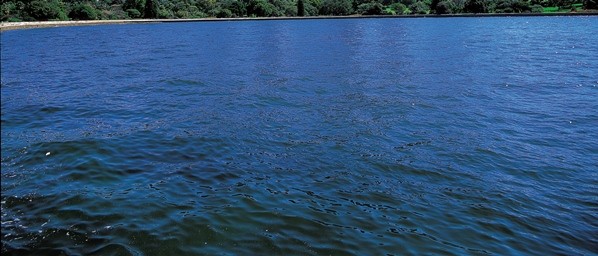
The governors of the Great Lakes states recently approved a request by a Wisconsin city to draw water from Lake Michigan after its existing water supply dried up. But because the city isn’t in the watershed of the Great Lakes, the two Canadian provinces that share Great Lakes water rights say the request should be denied.
Waukesha, Wisconsin will be allowed to tap Lake Michigan for up to 8.2 million gallons per day once it completes a $207 million pipeline project that would draw in lake water and return fully-treated wastewater.
Delegates for the governors of Michigan, Minnesota, Wisconsin, Illinois, Indiana, Ohio, Pennsylvania and New York gave their unanimous consent to the first formal request to divert water outside the Great Lakes basin during a meeting of the compact council.
The 2008 compact prohibits water from being sent outside the basin watershed. Communities like Waukesha, located over the line but within a straddling county, can apply under a limited exception.
The eight governors approved the request over the objection of widespread opposition. Mayors, legislators, policy-makers and citizens around the Great Lakes have worried about the precedent Waukesha’s application represented.
Waukesha is under a court-ordered deadline to provide safe drinking water by mid-2018. The city draws most of its water from a deep aquifer that is contaminated with unsafe levels of radium, a naturally occurring carcinogen. The city has a population of about 70,000 people.
Kiplinger warns that more water conflicts will flare up, citing California, India, South Africa and the Middle East among the likely areas of dispute.
